Tag: Mayoral elections
-
Recent polls, satellite spending in Seattle’s mayoral and council races

Seattle voters have just over one week to cast their ballots in the Aug. 3 top-two primaries. A poll released July 16 showed a plurality of voters unsure who they’d choose for mayor and the two at-large city council seats. The Northwest Progressive Institute poll, conducted by Change Research, showed 32% undecided for the mayoral…
-
Adams leads New York’s Democratic mayoral primary by 0.8 percentage points, according to new unofficial results

Eric Adams leads Kathryn Garcia by a margin of 0.8 percentage points—about 7,100 votes—in the eighth round of unofficial ranked-choice voting tabulations in the June 22 Democratic mayoral primary for Mayor of New York City. The New York City Board of Elections (BOE) released this third set of unofficial tabulations on July 13. It includes…
-
Voters to decide mayoral, city council primaries on Aug. 3 in Topeka, Kan.
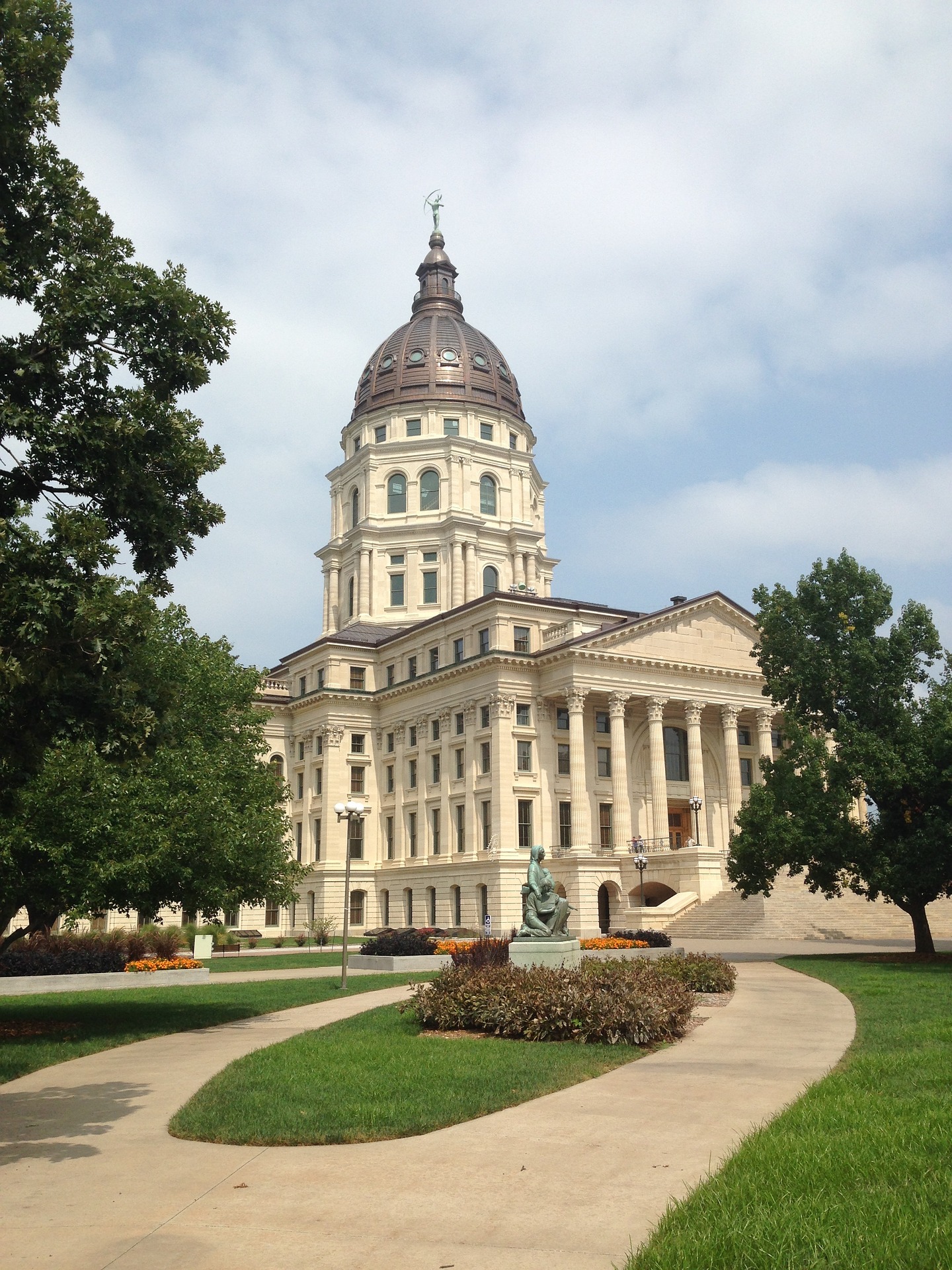
The city of Topeka, Kan., will hold a nonpartisan primary election on Aug. 3 for mayor and city council. The top two vote-getters in the races will advance to the general election on November 2, 2021. Daniel Brown, Leo Cangiani, Patrick Klick, John Lauer, and District 5 city council member Mike Padilla are running for…
-
Lander leads Johnson, 52% to 48%, in unofficial ranked-choice voting results for New York’s Democratic comptroller primary

The New York City Board of Elections released its first unofficial round of ranked-choice voting tabulations for the June 22 primary on Wednesday. In the Democratic primary for comptroller, Brad Lander had 51.9% of the vote after 10 rounds of tabulation, followed by Cory Johnson at 48.1%. Around 21,000 votes separated Lander and Johnson. Results…
-
India Walton defeats four-term incumbent Byron Brown in Buffalo Democratic mayoral primary
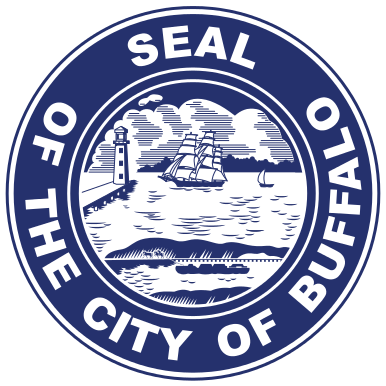
India Walton (D), a nurse and community activist, defeated four-term incumbent Byron Brown (D) and Le’Candice Durham (D) in the Democratic primary for Mayor of Buffalo, New York, on June 22, 2021. According to unofficial results, Walton received 52% of the vote followed by Brown and Durham with 45% and 3%, respectively. The New York…
-
Detroit to hold mayoral primary on Aug. 3
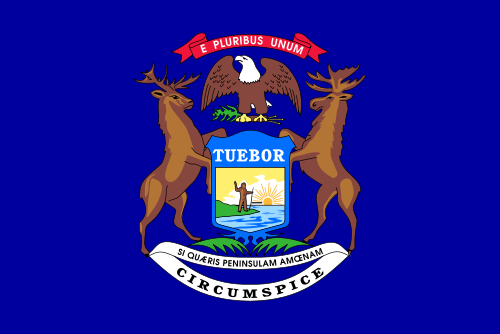
Ten candidates are running in a nonpartisan primary election for mayor of Detroit, Michigan, on Aug. 3. Media coverage has focused on incumbent Mike Duggan and challengers Anthony Adams and Tom Barrow. Kiawana Brown, Myya Jones, Jasahn Larsosa, Charleta McInnis, Danetta Simpson, Art Tyus, and Dallias Wilcoxon are also running. The top two candidates will…
-
New York City primaries for mayor, city comptroller to be held on June 22

Primaries for the mayor and comptroller of New York City will be held on Tuesday, June 22. The winners will advance to the general election on November 2, 2021. Thirteen Democrats and two Republicans are running in the primaries for mayor of New York City. Incumbent Mayor Bill de Blasio (D) is not running for re-election…
-
Reviewing noteworthy endorsers’ picks for New York City mayor, comptroller

New York City holds primaries for mayor, comptroller, public advocate, five borough presidents, and 51 city council seats on June 22. As part of our in-depth coverage of the mayoral and comptroller elections, Ballotpedia has tracked Democratic primary endorsements from major local papers, members of Congress, and influential unions and groups. Below, we highlight several…
-
Filing deadline for Albuquerque mayoral race is June 19
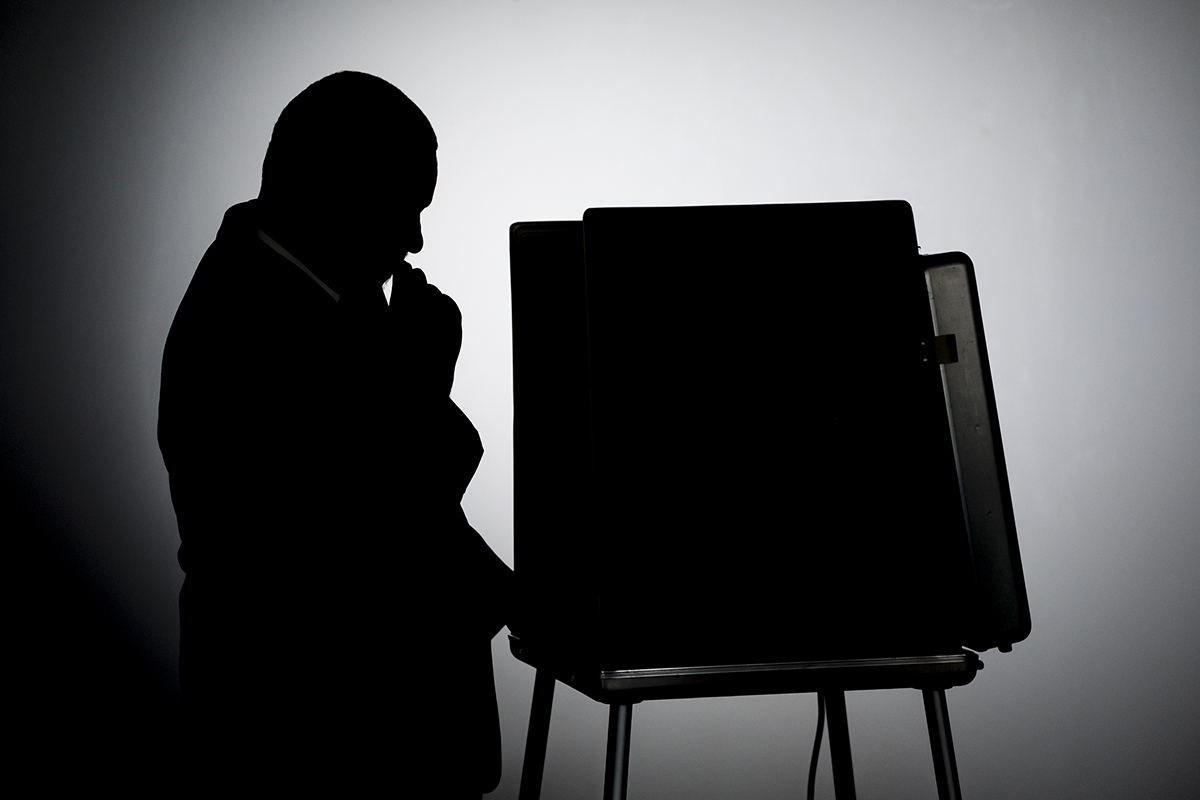
The filing deadline to run for mayor of Albuquerque, New Mexico, is on June 19. A separate filing deadline for five of the nine Albuquerque City Council seats is on July 5. There will be no primary elections for the mayoral race. Instead, all candidates will appear on the same general election ballot regardless of…
-
Voters reelect mayor and 5 of 7 city council members in Jackson, Miss.
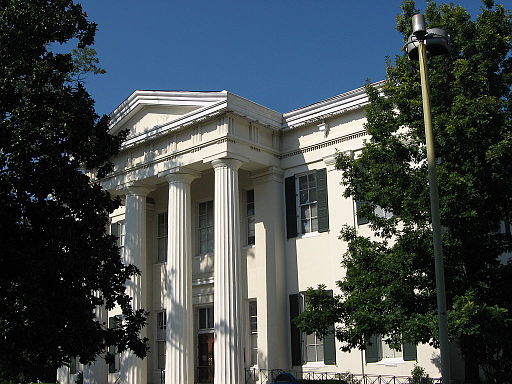
The city of Jackson, Miss., held a general election for mayor and all seven seats on the city council on June 8. A primary was held on April 6, and a primary runoff was held on April 27. The filing deadline for this election was Feb. 6. Democratic Mayor Chokwe Antar Lumumba won re-election with…

